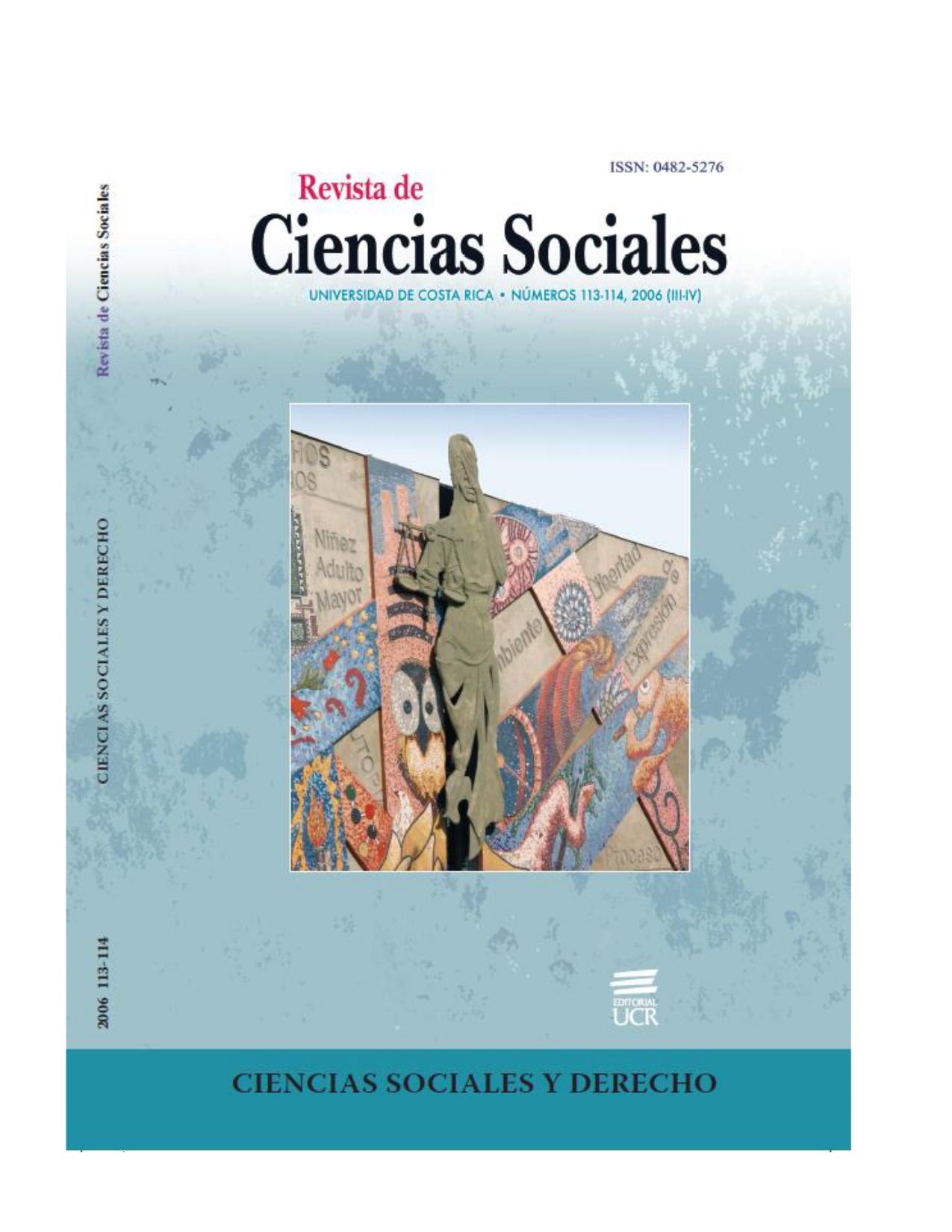Abstract
This article presents a critical analysis of a present-day topic: The interdisciplinarity
of the social and legal sciences. It establishes that in order to fulfill this objective,
the indiscriminate use of the word inter- or transdisciplinarity does not suffice. It is
necessary to conduct a realistic study on the theoretical difficulties that runs counter
to this objective. The study analyzes mainly three “epistemological obstacles” that
oppose team work in the following disciplines: (1) the problem of incommensurability between paradigms (Kuhn, Feyerabend), (2) the problem of the linguistic-relativityprinciple (Whorf, Sapir, Wittgenstein), and (3) the problem of close or autopoietical systems (Luhmann, Teubner). The article concludes that behind these obstacles there exists a significant amount of confusion, and even intellectual pedantry.
Interdisciplinarity demands, beyond the overcoming of logical barriers, both a personal and antidogmatic attitude and a constant struggle against arrogance, vanity and professional chauvinism.


